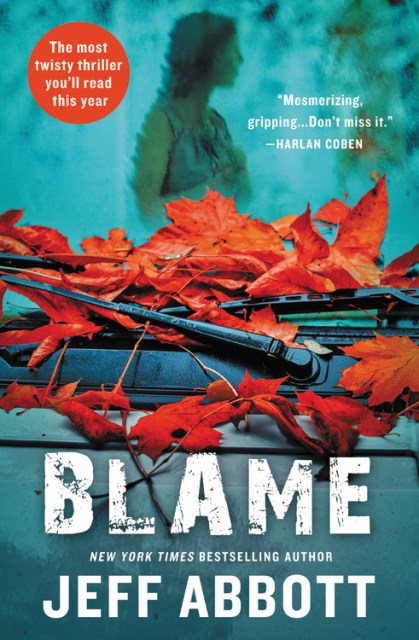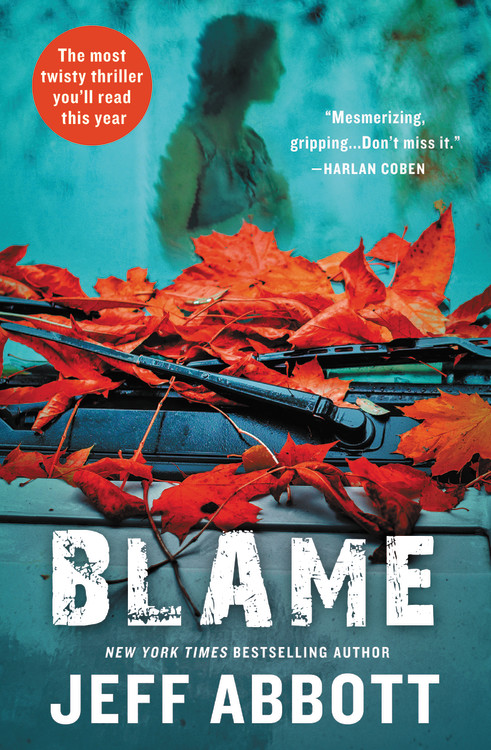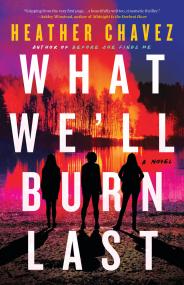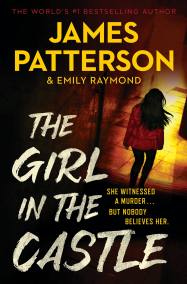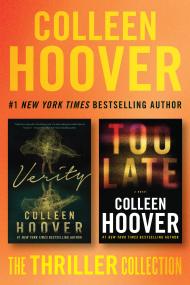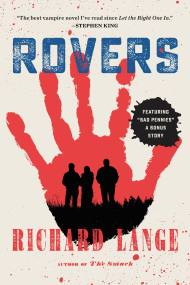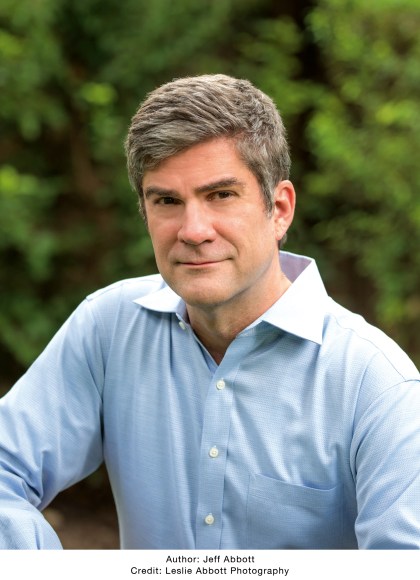Blame
Contributors
By Jeff Abbott
Formats and Prices
Price
$14.99Price
$19.49 CADFormat
Format:
- Trade Paperback $14.99 $19.49 CAD
- ebook $7.99 $9.99 CAD
- Audiobook Download (Unabridged)
- Mass Market $7.99 $10.49 CAD
This item is a preorder. Your payment method will be charged immediately, and the product is expected to ship on or around March 6, 2018. This date is subject to change due to shipping delays beyond our control.
Also available from:
From “one of the best thriller writers in the business” (Associated Press) comes a novel praised by Harlan Coben as “mesmerizing, gripping…the perfect blend of complex characters, plot twists galore, and great psychological suspense.”
Sometimes the person you thought you knew best…
Turns out to be someone you never really knew at all.
The crash that killed him
Two years ago, Jane Norton crashed her car on a lonely road, killing her friend David and leaving her with amnesia. At first, everyone was sympathetic. Then they found Jane’s note: I wish we were dead together.
A girl to blame
From that day the town turned against her. But even now Jane is filled with questions: Why were they on that road? Why was she with David? Did she really want to die?
The secrets she should forget
Most of all, she must find out who has just written her an anonymous message: I know what really happened. I know what you don’t remember…
Don’t miss Jeff Abbott’s most chilling thriller to date–perfect for readers of The Girl on the Train, Gone Girl, or The Woman in Cabin 10.
“One of my favorite writers.” — Laura Lippman, New York Times bestselling author
“If you like Harlan Coben, read this book. Taut, twisty, and elegantly-written, with an ending you won’t see coming.” — Sarah Pekkanen, bestselling author of The Perfect Neighbors
“Jeff Abbott is a master…I am, and always have been, a devoted fan.”-Lisa Unger, New York Times bestselling author
Sometimes the person you thought you knew best…
Turns out to be someone you never really knew at all.
The crash that killed him
Two years ago, Jane Norton crashed her car on a lonely road, killing her friend David and leaving her with amnesia. At first, everyone was sympathetic. Then they found Jane’s note: I wish we were dead together.
A girl to blame
From that day the town turned against her. But even now Jane is filled with questions: Why were they on that road? Why was she with David? Did she really want to die?
The secrets she should forget
Most of all, she must find out who has just written her an anonymous message: I know what really happened. I know what you don’t remember…
Don’t miss Jeff Abbott’s most chilling thriller to date–perfect for readers of The Girl on the Train, Gone Girl, or The Woman in Cabin 10.
“One of my favorite writers.” — Laura Lippman, New York Times bestselling author
“If you like Harlan Coben, read this book. Taut, twisty, and elegantly-written, with an ending you won’t see coming.” — Sarah Pekkanen, bestselling author of The Perfect Neighbors
“Jeff Abbott is a master…I am, and always have been, a devoted fan.”-Lisa Unger, New York Times bestselling author
- On Sale
- Mar 6, 2018
- Page Count
- 416 pages
- Publisher
- Grand Central Publishing
- ISBN-13
- 9781538744833
By clicking 'Sign Up,' I acknowledge that I have read and agree to Hachette Book Group’s Privacy Policy and Terms of Use
